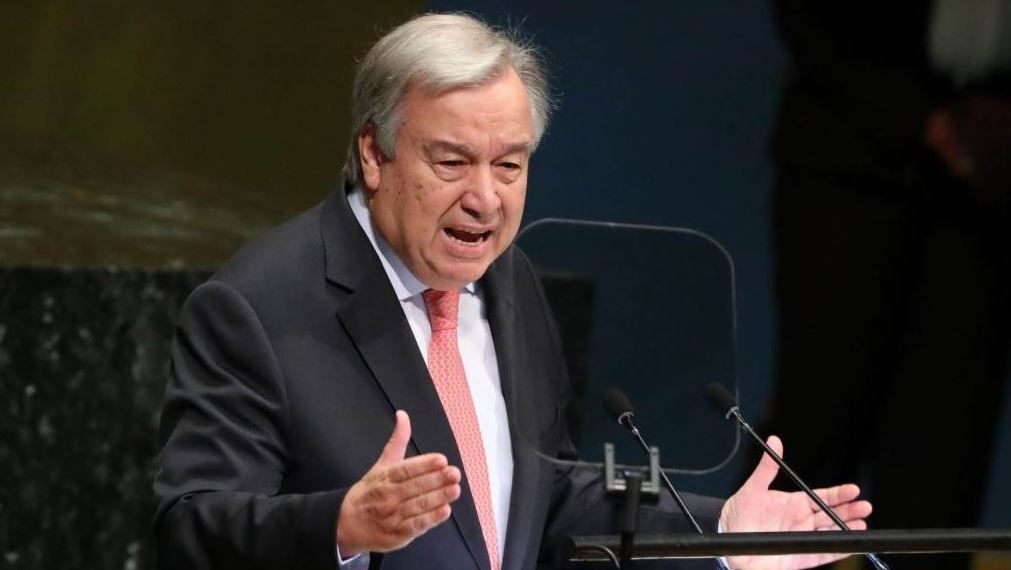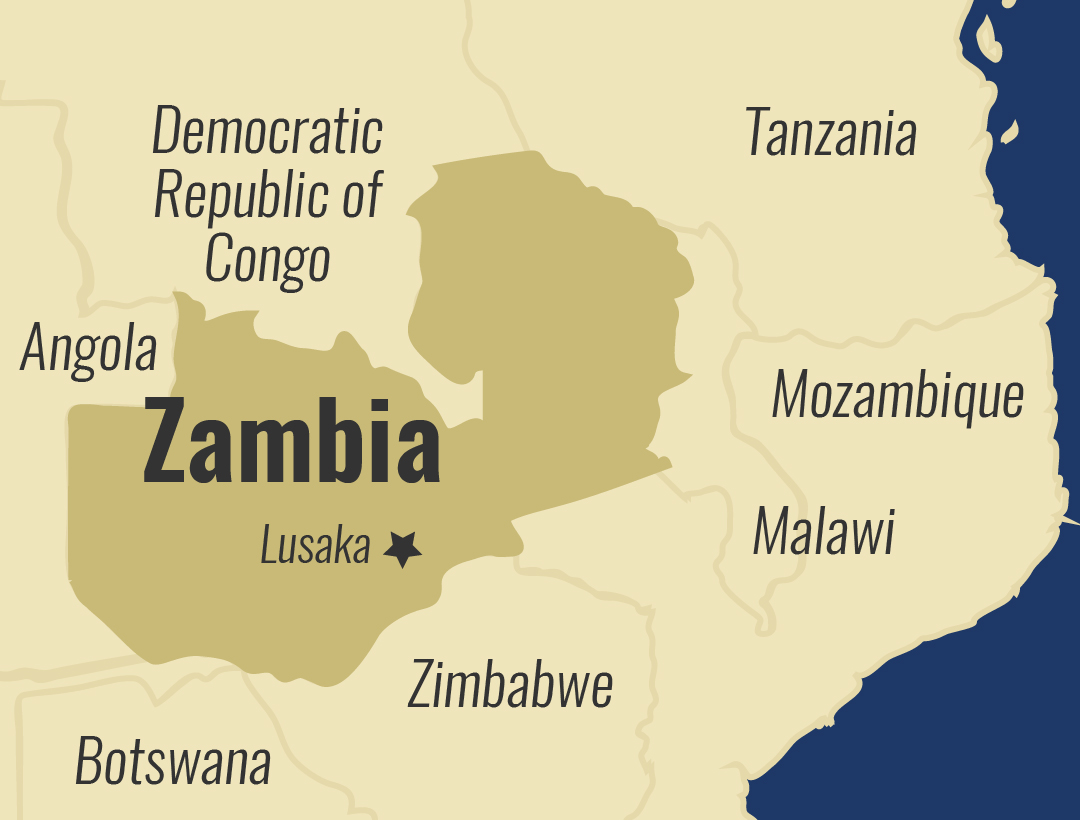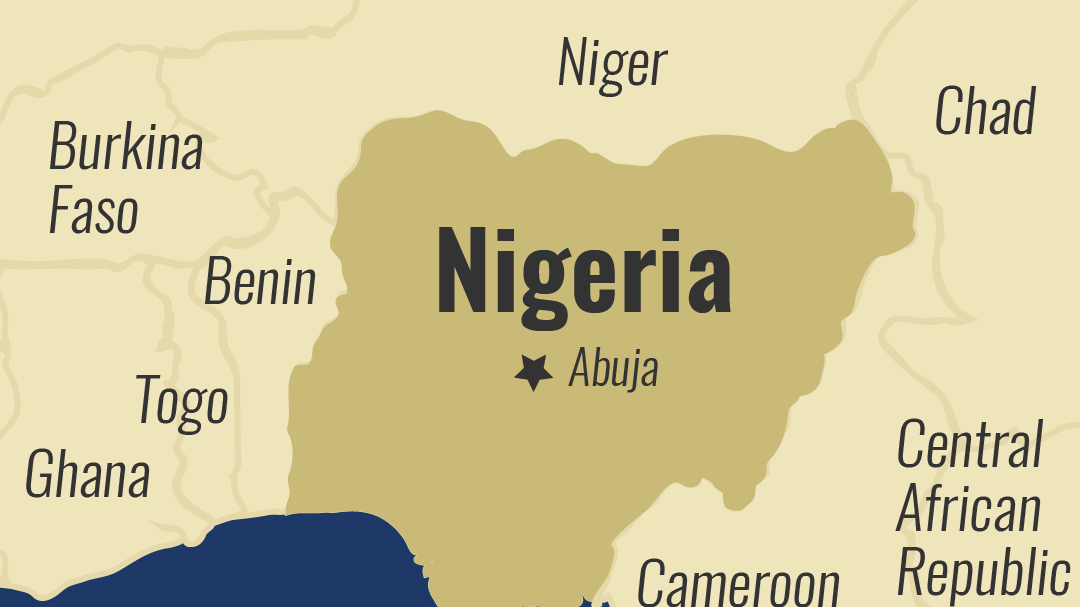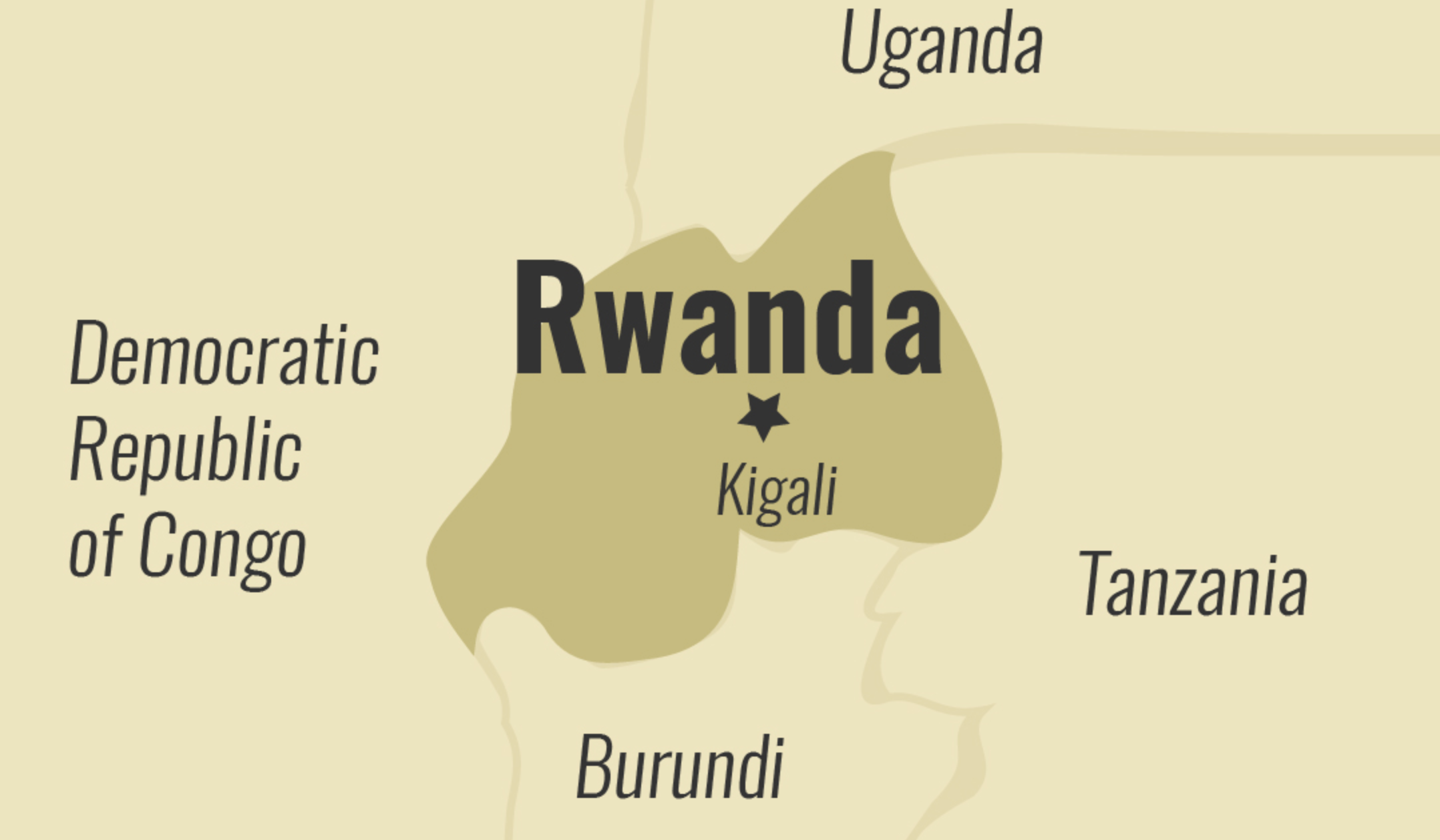
Four countries risk famine and food insecurity:UN

The rain is a threat to many farmers in the area. An estimated 63 percent of the population in Northern Bahr al Ghazal is experiencing severe food insecurity, according to the latest Integrated Food Security Phase Classification (IPC) report. The situation is particularly bad in Aweil West and Aweil South counties, where the exhaustion of household food stocks and growing dependence on financially inaccessible markets have left the population facing Emergency levels of food insecurity. / AFP PHOTO / Albert Gonzalez Farran (Photo credit should read ALBERT GONZALEZ FARRAN/AFP/Getty Images)
U.N. Secretary-General Antonio Guterres warned that there is a risk of famine and widespread food insecurity in four countries affected by conflict — Congo, Yemen, northeast Nigeria, and South Sudan — and the lives of millions of people are in danger.
In a note to Security Council members obtained by The Associated Press on Friday, the U.N. chief said the four countries rank “among the largest food crises in the world,” according to the 2020 Global Report on Food Crises and recent food security analyses. But funding to help is very low, he said.
“Action is needed now,” Guterres said. “Having endured years of armed conflict and related violence, the people of the Democratic Republic of the Congo, Yemen, northeast Nigeria, and South Sudan are again facing the specter of heightened food insecurity and potentially famine.”According to the U.N. chief key indicators “are similarly deteriorating” in a number of other conflict-hit countries including Somalia, Burkina Faso, and Afghanistan.
“The situation varies from country to country, but civilians are being killed, injured and displaced; livelihoods are destroyed; and availability of and access to food disrupted, amid growing fragility,” Guterres said. “At the same time, humanitarian operations are attacked, delayed, or obstructed from delivering life-saving assistance.”
U.N. humanitarian chief Mark Lowcock also added in an interview with AP that the economic fallout from the pandemic including lockdowns, border closures and restrictions on movement have all had “a big effect on food security and agricultural productivity.”
And extremists have taken the opportunity “to make hay out of all this,” he said.
“Everybody is very preoccupied with COVID and the virus,” Lowcock said. But “it is not the virus that’s creating most of the carnage. It is other things, and we need to focus on the things that will really cause the biggest loss of life.”






